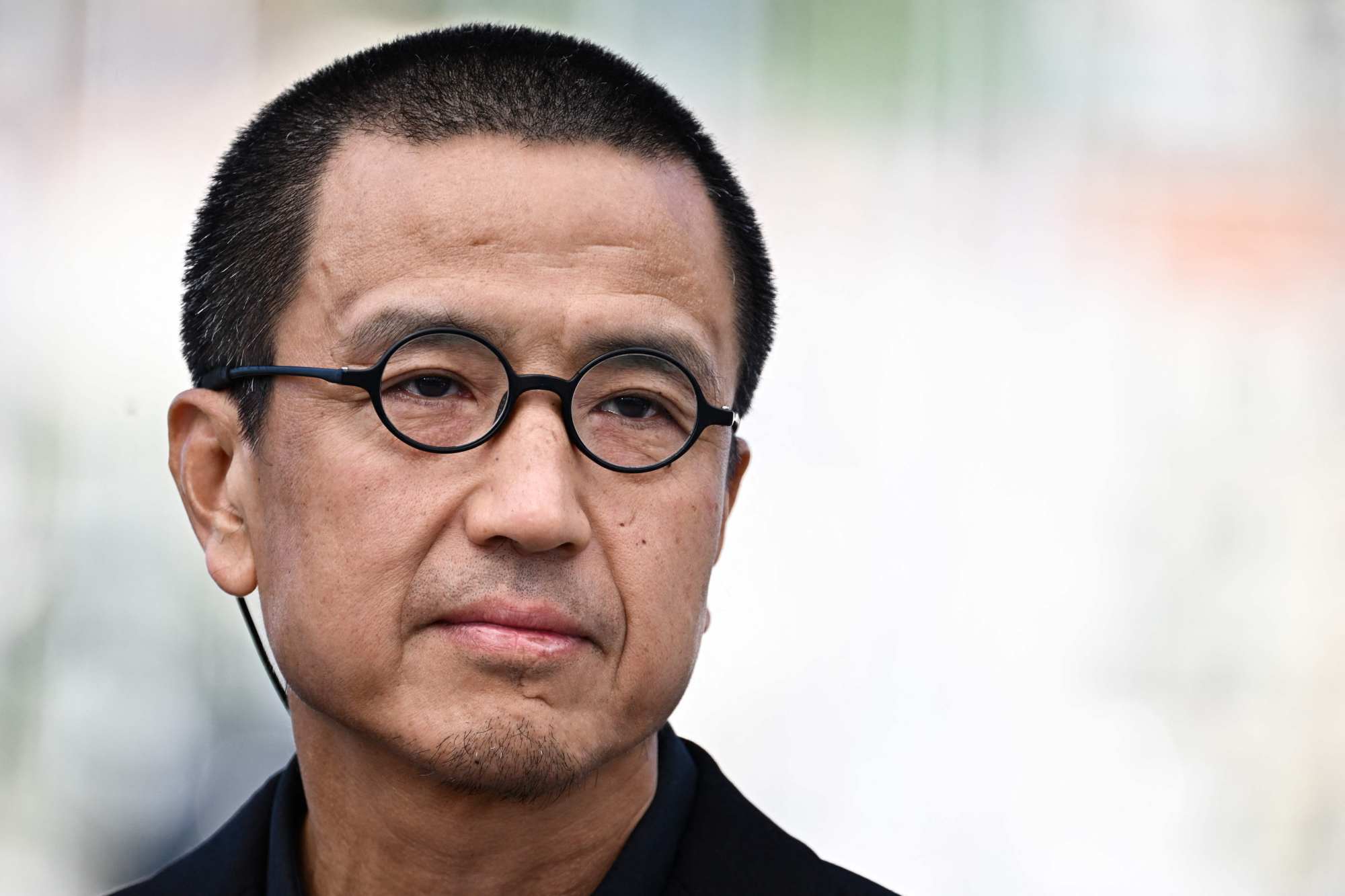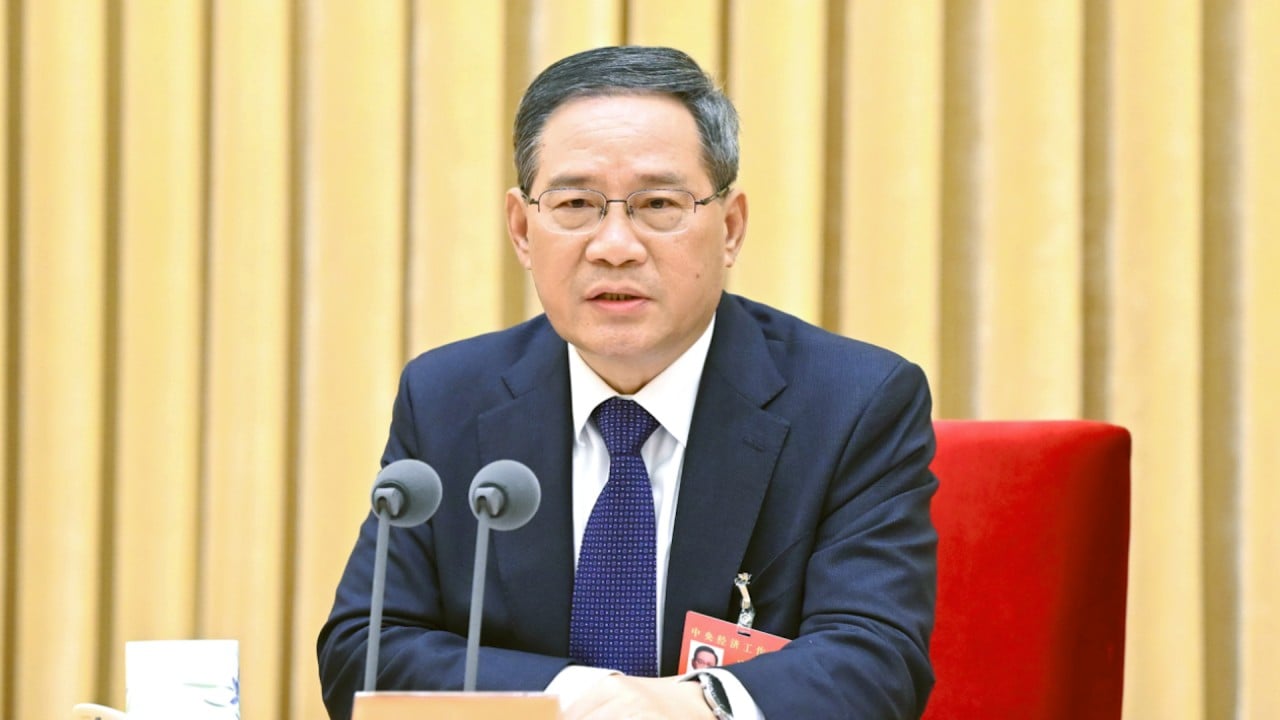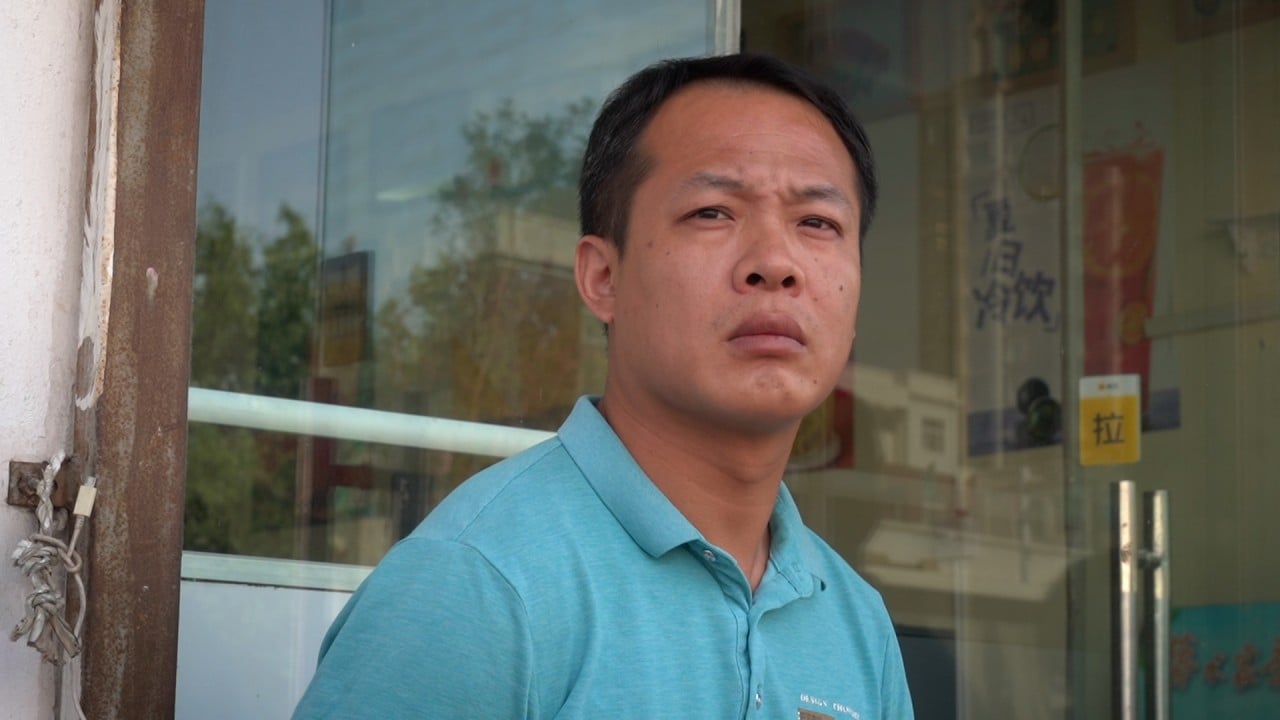
‘Emotional power’: China’s Covid wounds reopened in tense, divisive ‘An Unfinished Film’
- Long after lockdowns ended, acclaimed director Lou Ye’s independent film revives heated debate about China’s controversial zero-Covid policy
- Critics label Lou a ‘traitor’ for the movie, which debuted at Cannes and is unlikely to be seen in China
An Unfinished Film, by director Lou Ye – who is known for his straightforward portrayals of problematic events in contemporary China, including the controversial Covid lockdowns that began in Wuhan in early 2020 – was shown at a special screening on May 16 at the annual Cannes Film Festival in France.
The movie has not been approved for public screenings in China and it is doubtful it would be, according to industry insiders, as content related to the film has already been removed from the internet there. However, those efforts had not stopped nationalistic condemnation of the film, with some labelling the director a “traitor” who panders to the West.
It was not clear if any of the commenters had seen the film.
In a series of Weibo posts last week “Hongkang010”, a nationalist film blogger with nearly 200,000 followers, called Lou a “traitor to China” who “gives the Western media the material to attack our system”.
The blogger threatened to report Lou to the China Film Administration, the country’s top film management and censorship body, and called for a ban on the release of another Lou film in production. The posts were shared thousands of times and attracted many comments.
But others have praised Lou’s work as a vivid depiction of some of the tragedies caused by the harsh zero-Covid rules.
One critic who saw the film at Cannes said on Weibo that Lou’s film had “emotional power” because “my memory and the film’s presentation are integrated”.
“Lou’s choice to draw on public memory is undoubtedly a daring one, as people’s memories are different, especially when it comes to evaluating those three years,” the critic said.
The videos were quickly removed by censors after they had been posted, but not before people had preserved them with screenshots and recordings.
Richard asked that his real name not be used due to the sensitivity of the issue.
Other incidents said to be featured in the film include the September 2022 bus crash in which 27 people were killed on their way to a mandatory quarantine facility in the southwestern province of Guizhou.
In November of that year, a fire at a residential building killed 10 people in Urumqi, in the northwestern Xinjiang Uygur autonomous region, where some of the country’s strictest lockdown measures had been in effect.

The fire later triggered anti-Covid lockdown protests in Shanghai, which soon spread to other major Chinese cities.
Richard said Lou’s film showed the fire and subsequent mourning activities for the victims in several cities, but then “it stops there”.
He also said the film did not show the waves of public protests that had erupted amid the ensuing economic hardship and restrictions on personal freedoms, during which slogans had appeared that called for political change.
Beijing dropped most of its Covid-related controls in December, 2022 and reopened its borders in January 2023, lifting the mandatory quarantine on entry. Analysts have attributed this to political pressure from the protests and growing economic difficulties.
Critics of the film, who supported the zero-Covid policy, argued that easing the restrictions led to countless deaths but many noted the deaths were because of Beijing’s lack of preparedness in terms of vaccines and medical facilities.
In a popular post, one blogger with nearly 300,000 followers, praised the Chinese government for “protecting our lives during the three years”.
Official Chinese government data shows 83,150 deaths linked to Covid-19 between mid-December 2022 and early February last year, a figure widely considered to be an underestimate.
At the end of 2022, researchers at the University of Hong Kong estimated that a mass infection within two months of mainland China abandoning its zero-Covid policy could result in 970,000 deaths.
A tally by the Post last year found that a dozen provincial regions had stopped providing public data, such as cremation numbers, for the fourth quarter of 2022, further clouding true death statistics.
Beijing has consistently maintained that both its pursuit of zero-Covid and its abrupt relaxation of controls in 2022 were the right decisions.



